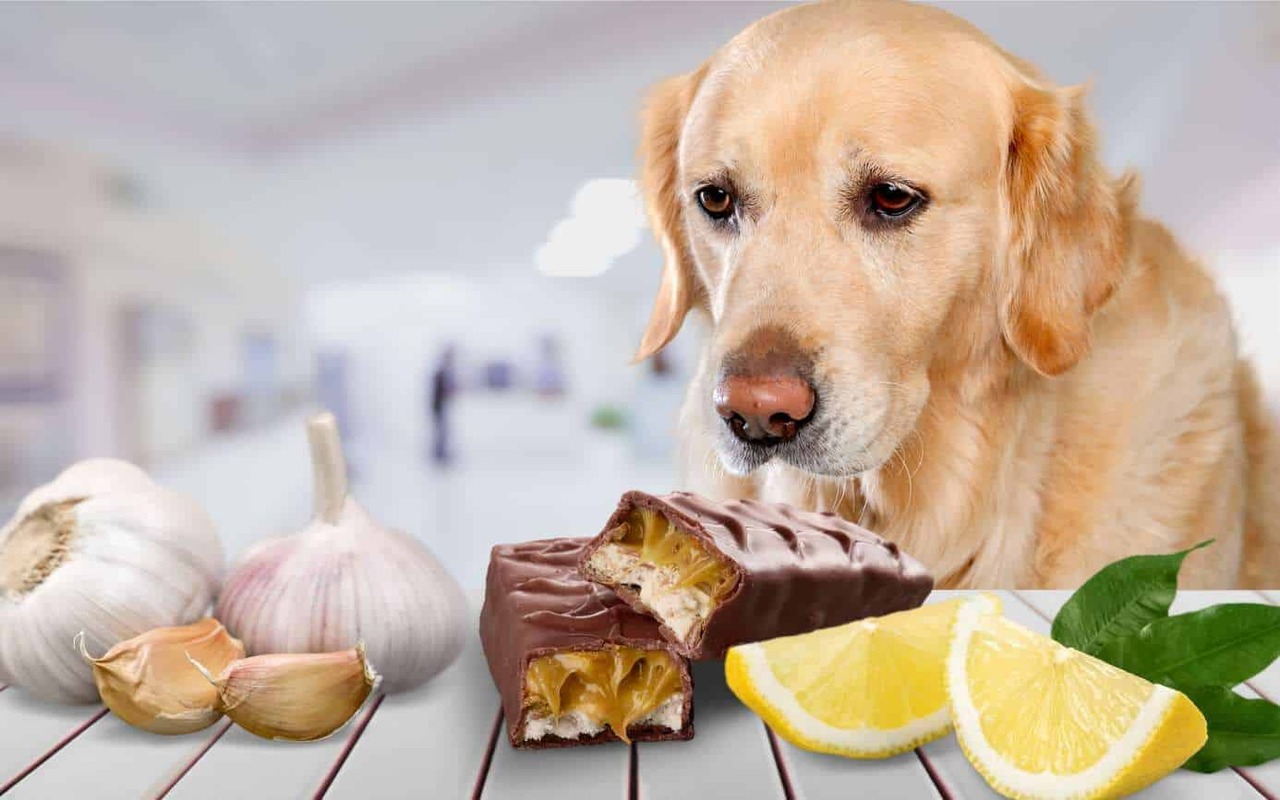
Holiday Hazards: Foods You Should Never Give to Your Pets
Attention: You’re Putting Your Pets at Risk if You Give Them These Foods During Festivities
During the holiday season, it’s common to share special meals with loved ones, including pets. However, certain festive foods can be harmful or even toxic for them. Below are some foods to avoid to protect your pets’ health:
1. Chocolate
Chocolate contains theobromine and caffeine, substances toxic to dogs and cats. Ingesting chocolate can cause vomiting, diarrhea, increased thirst, rapid heartbeat, and even seizures. The severity of the poisoning depends on the type and amount of chocolate consumed.
2. Grapes and Raisins
While healthy for humans, grapes and raisins can cause kidney failure in dogs and cats. Even small amounts can be dangerous, so it’s essential to keep these foods out of their reach.
3. Onions and Garlic
Commonly used to season holiday dishes, onions and garlic contain thiosulfate, a substance that can damage pets’ red blood cells, causing anemia. Symptoms include weakness, difficulty breathing, vomiting, and diarrhea.
4. Alcoholic Beverages
Alcohol is highly toxic to pets. Even a small amount can cause vomiting, diarrhea, difficulty breathing, coma, or even death. Keep alcoholic drinks far from their reach.
5. Nuts
Some nuts, like macadamia nuts, can be toxic to dogs, causing weakness, vomiting, tremors, and increased body temperature. Other nuts may pose choking hazards or digestive issues.
6. Cooked Bones
While it may seem natural to give bones to pets, cooked bones can splinter, causing blockages or perforations in the digestive tract. Opt for safer alternatives instead.
7. Foods Containing Xylitol
Xylitol, a sweetener found in products like gum and candies, can cause a rapid insulin release in dogs, leading to dangerous hypoglycemia. Symptoms include vomiting, lethargy, and seizures.
Holiday Safety Tips
- Stick to a Consistent Diet: Avoid changing your pet’s regular diet during the holidays to prevent issues like weight gain, indigestion, or poisoning.
- Secure Food Storage: Ensure that potentially dangerous foods and drinks are stored out of your pet’s reach.
- Educate Guests: Inform visitors about the risks of feeding your pets scraps or treats that are not pet-safe.
- Constant Supervision: Keep an eye on your pets during gatherings to prevent them from ingesting harmful foods.
By following these recommendations, you can ensure that the holiday celebrations are safe and enjoyable for everyone, including your beloved pets.


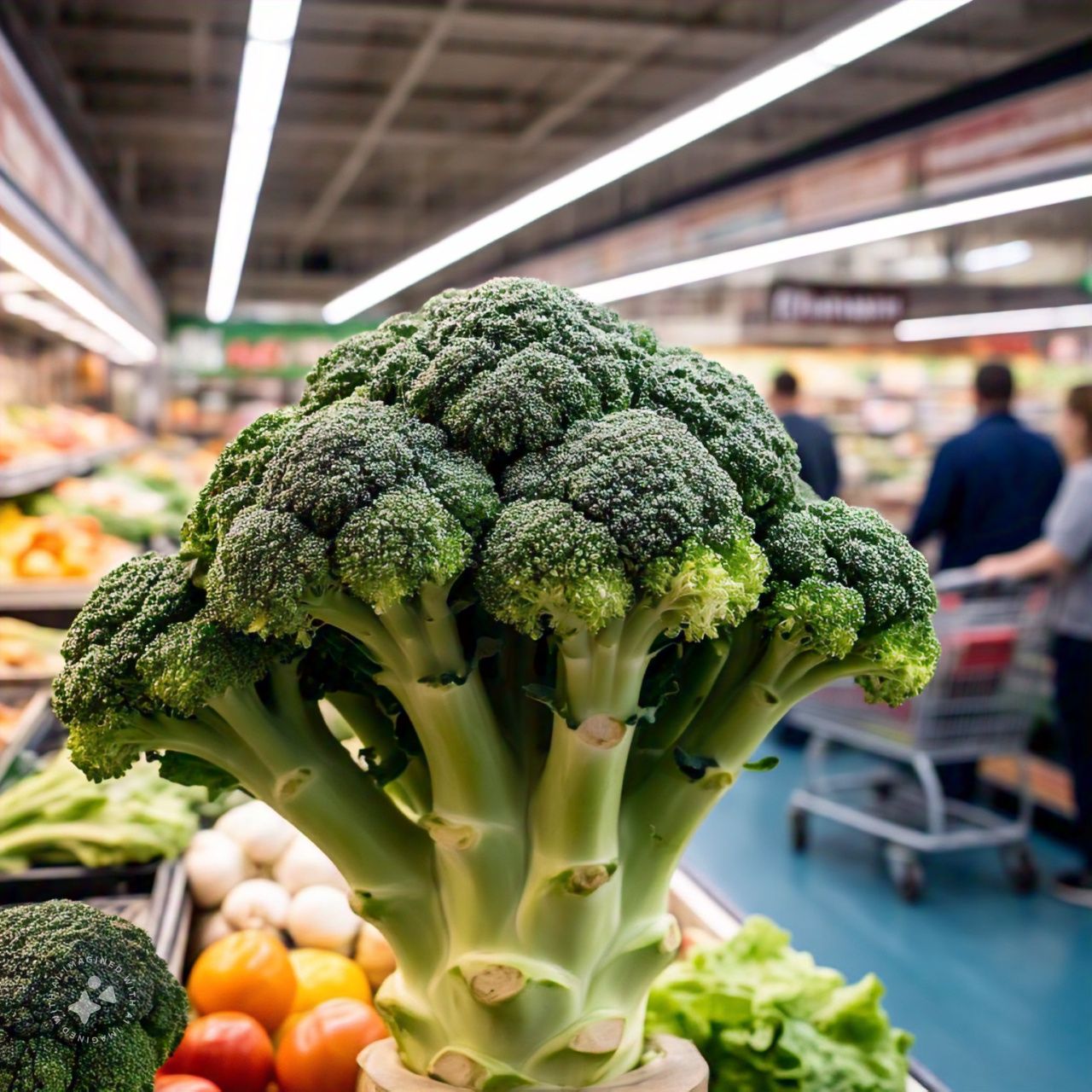


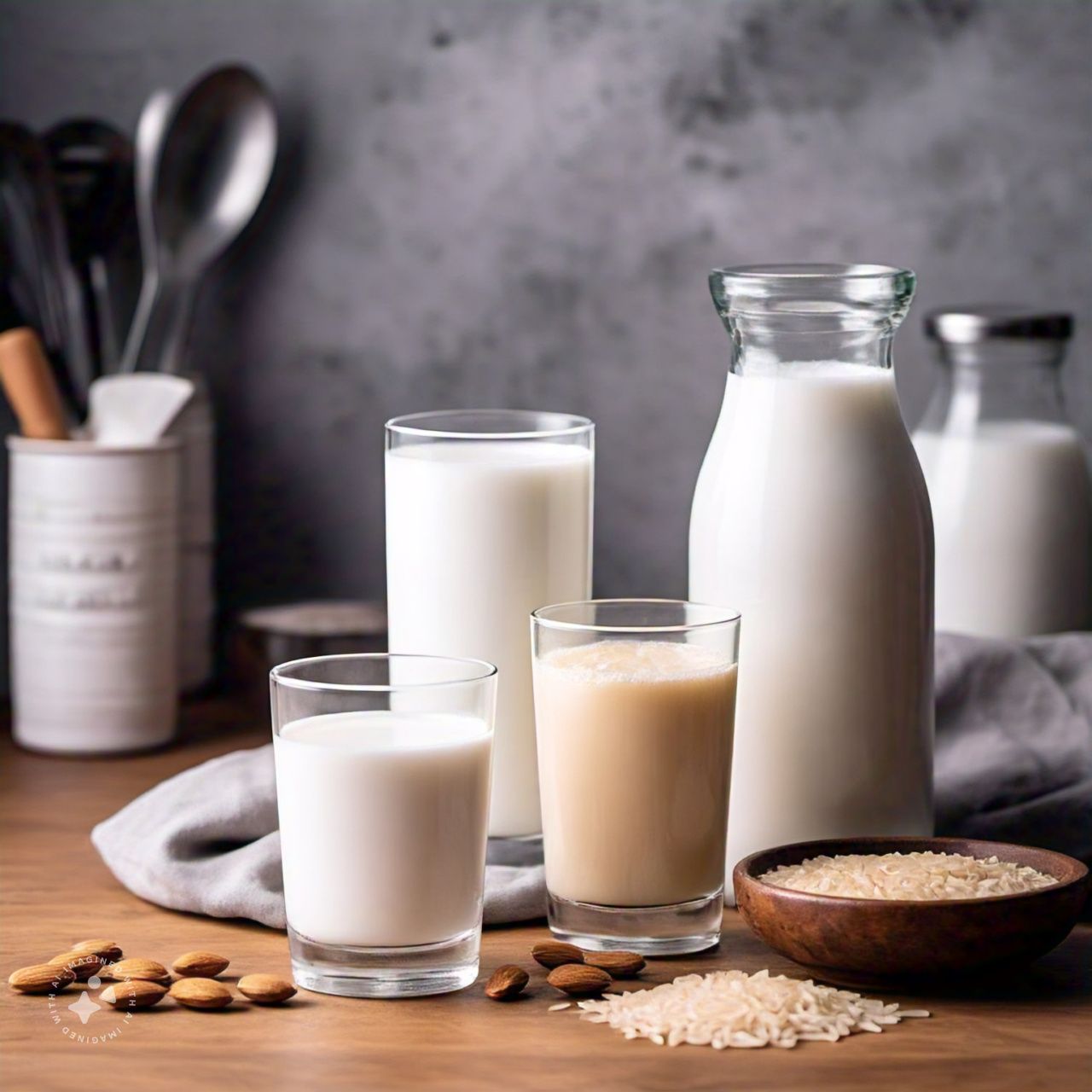

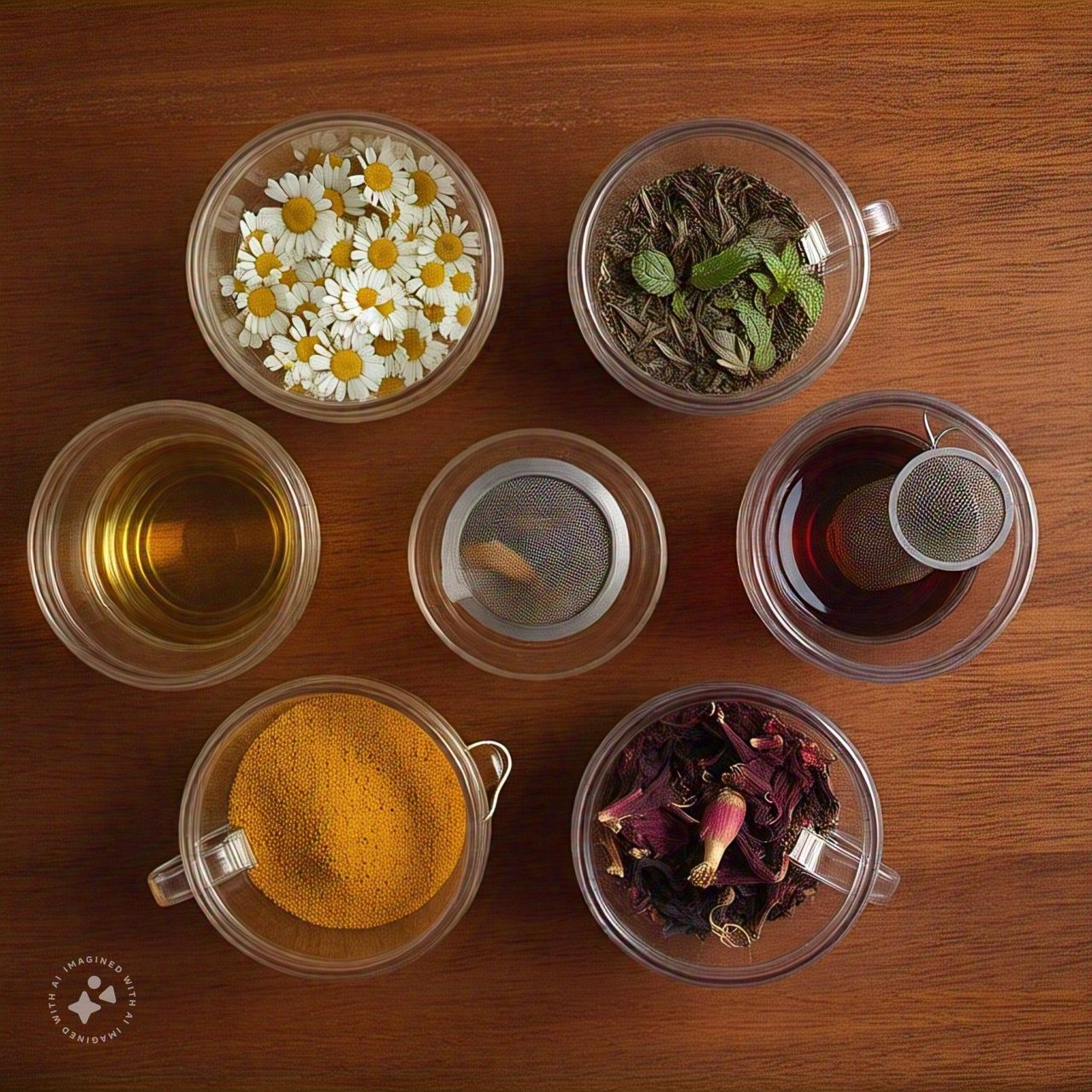
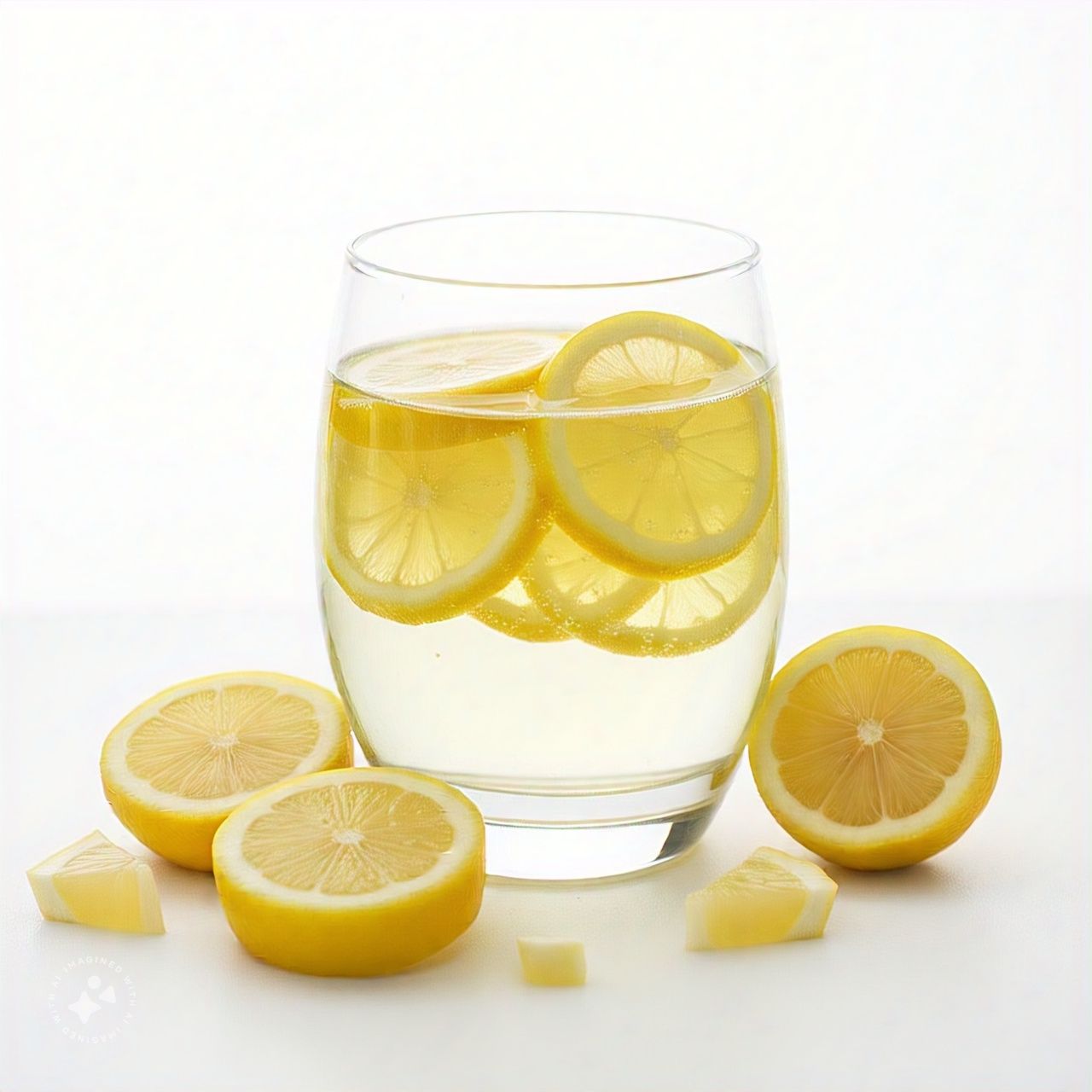
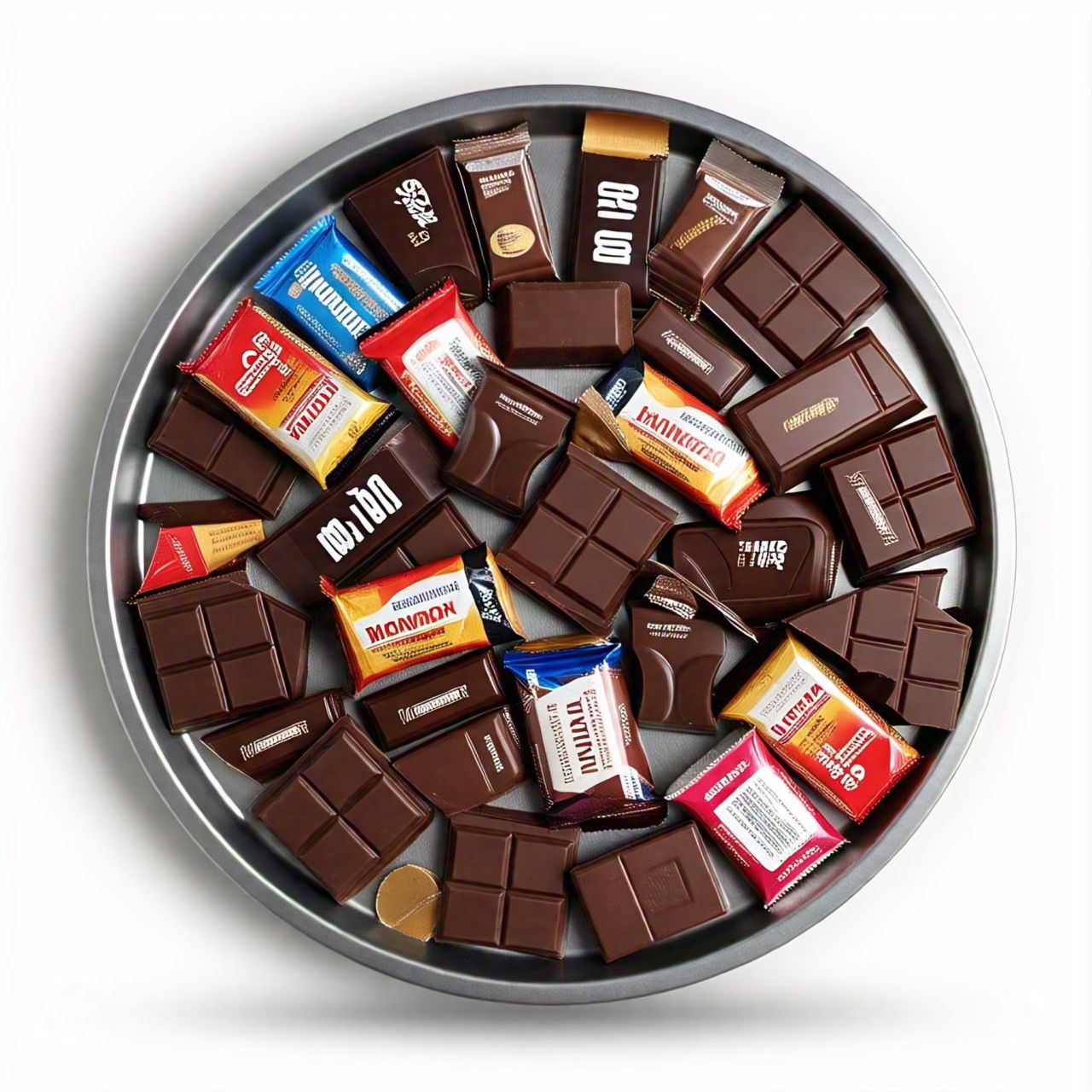
DEJE UN COMENTARIO:
¡Únete a la discusión! Deja un comentario.